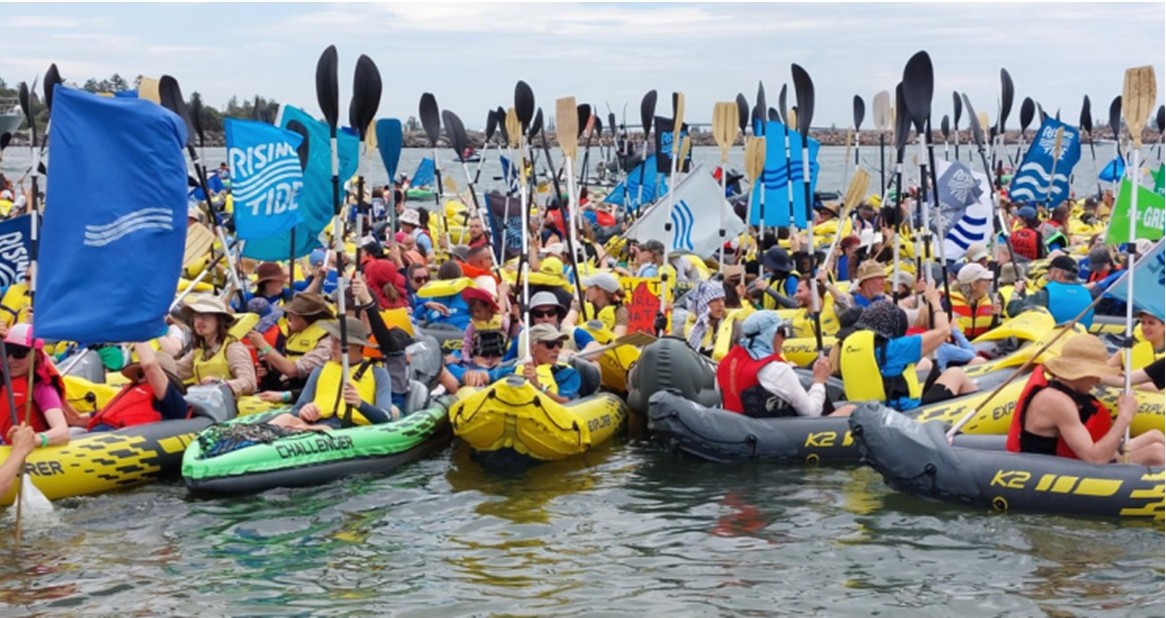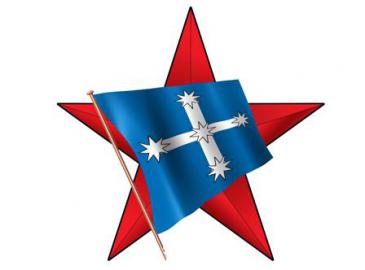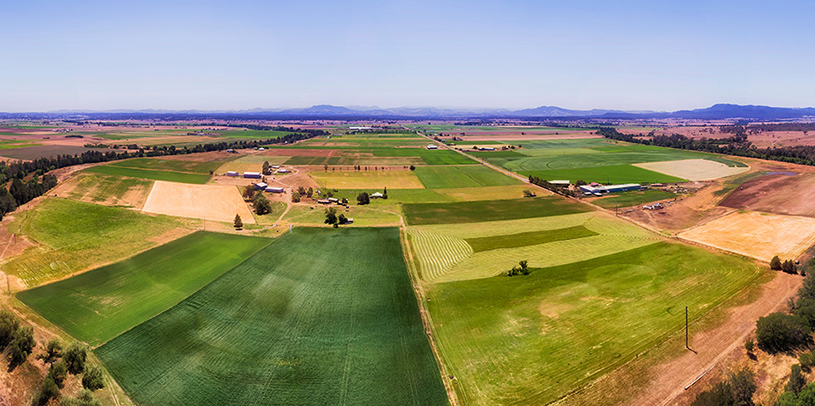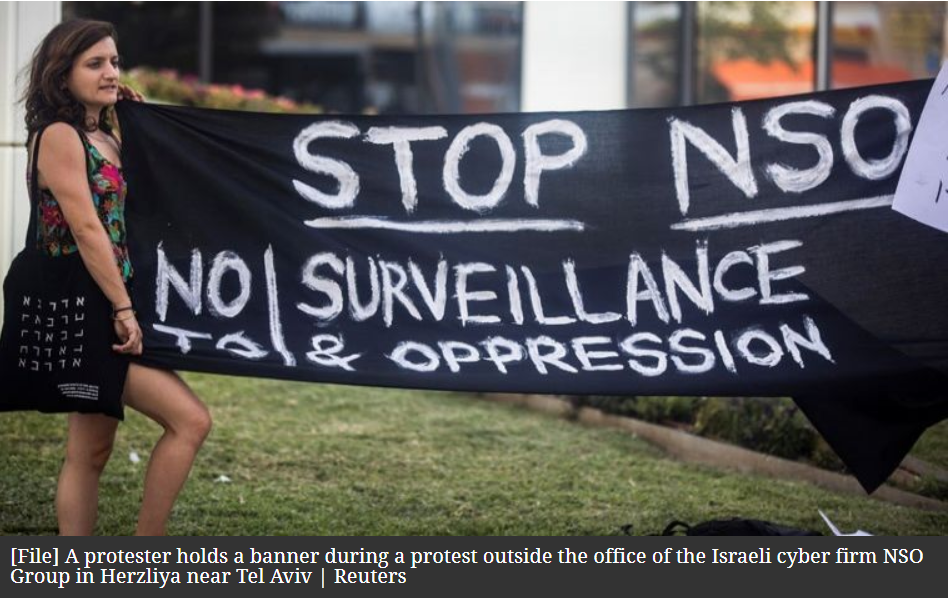Written by: Shirley Winton on 4 December 2025
On Saturday 29 November, 2025, Spirit of Eureka (Victoria) held a commemorative meeting for the anniversaries of the Eureka Stockade rebellion and the sacking of the Whitlam government.
The meeting was held at the premises of the Victorian branch of the Maritime Union of Australia. Speakers at the meeting were Gary Foley representing Indigenous Liberation, Sarah Baarini representing Palestine Liberation, Dave Ball from the MUA and Shirley Winton from Spirit of Eureka. The meeting was MC-ed by former state secretary of the MUA Kevin Bracken.
Shirley has kindly made the contents of her talk available. 3CR community radio recorded the speeches and played them on Wednesday morning, 3rd December, after livestreaming the annual Eureka rebellion recreation in Ballarat at 6 am - eds.
................................
Welcome, and thank you for coming.
We meet tonight on the stolen lands of the Wurundjeri people of the Kulin Nation. Always was, always will be Aboriginal land.
Tonight, we are commemorating the anniversaries of the Eureka Rebellion and the dismissal of the Whitlam government – two defining moments symbolising the long struggles of Australia’s working people for justice, democracy and independence - for a fundamental change.
But the fight for justice and sovereignty in this country did not begin with the Eureka rebellion in 1854. It began sixty-six years earlier, in 1788, with the First People’s resistance to the British colonial invasion, the genocidal occupation, and the theft of their country. Their resistance took many forms, including fierce armed resistance in the Frontier Wars. British colonialism imposed on their country the exploitative, profit-driven class system of capitalism to serve the British ruling class. Their land and country were never ceded, never recognised by Treaties.
This thread of struggles for justice, democratic rights and independence runs through 237 years of colonial occupation, and today imperialist control by the US. First People have always been at the forefront of resistance.
In 1854, impoverished migrant miners at Eureka took up the fight for justice, the rights of working people and independence. They rebelled against the oppressive colonial authority of the British ruling class. They called for an independent Australian republic, democratic rights and equality for all – demands that were ahead of their time. Their struggle helped pave the way for future victories for working people, including the world’s first eight-hour day in 1856, and helped lay the foundations for Australia’s militant trade union movement and the culture of working class solidarity.
Migrants from 21 nationalities participated in the Eureka rebellion under the Eureka flag. They included Afro-American, Jamaican and South Americans.
Seeds of working class solidarity and multiculturalism were planted at the Eureka stockade.
The British colonial ruling class fuelled and relied heavily on racism and scapegoating to divide and control the miners and settlers. But Eureka leaders rejected those divisions. They condemned the racism promoted by British authority and called for unity of all people under the Eureka flag. In his famous speech Raffaello Carboni, one of the rebel leaders at the Stockade declared, “…Irrespective of nationality, religion, and colour, to salute the ‘Southern Cross’ as the refuge of all oppressed from all countries on earth.”
In the formation of unions in late 19th Century, workers and their unions fought under the Eureka flag for the right to organise in unions and fight for decent wages and conditions.
The Eureka flag became – and remains - a powerful symbol of militant working class solidarity and struggle for justice, against exploitation and oppression. It excludes Nazis and racists. Attempts to malign, erase or ban the flag, or appropriate it by the nazis and racists, are not new. In 2006, under pressure from big developers and big business, the federal government tried to ban Eureka flags and insignias on building sites. But the widespread resistance by unions and workers forced the ruling class to immediately drop the ban. Workers knew that attacks on Eureka flag and Eureka insignia on building sites were aimed to crush all workers’ and unions’ struggle, not just construction workers.
The struggle for independence from the British colonial empire continued through the mass mobilisation of workers and unions against conscription and the 1914- 1917 World War 1.
After the Second World War, British control of Australia was replaced by the US control - economically, politically and militarily. The struggle for independence continued - in the mass movement against conscription and the Vietnam War, against Australia’s involvement in US imperialist war against the Vietnamese people fighting for their liberation; in the opposition to secretive military intelligence Pine Gap and other US military bases; against continuing oppression and the theft of First People’s land and destruction of their culture; in the movements for Australian progressive working people’s culture; against the plunder of our natural resources and destruction of the environment by mining corporations.
In 1972 Whitlam rode into government on the crest of this powerful people’s movement. His government put the US on notice by threatening to close Pine Gap and other US military bases, and started pivoting Australia towards the Non-Alignment Movement. They began making plans to nationalise natural resources and corporate farms; took first steps in acknowledging the sovereignty of the First People and demanded ASIO breaks connections with the CIA. These were the demands of the people that brought Whitlam to power. The tentative steps Whitlam started making towards independence were threatening the US and British economic and military control of Australia.
The 1975 Whitlam dismissal was a US/CIA-UK engineered coup, executed by the Governor General John Kerr, Australia’s representative of the British Crown (and supported by the conservatives and reactionaries).
Since then, US imperialist control has deepened with every Australian government servile to the US, clearing the way for greater multinational corporations and finance capital control of this country.
Today, the most powerful sectors of our economy are controlled by multinational corporations. Our natural resources—gas, oil, minerals, and even water—are largely in the hands of multinational corporations (BHP, Woodside, Chevron, Rio Tinto, Exxon-Mobil, and Santos). The giant global financial assets managers such as US owned BlackRock wield enormous power through their f inancial control of privatised health services, child care, aged care and weapons corporations such as Lockheed Martin, Raytheon, Boeing, and some mining multinationals.
In finance, all four major banks are majority-owned by US financial interests. In culture and media, the Murdoch empire stifles the culture of Australia’s working people.
Multinational corporations use their economic power over this country through the Mining Council and Business Council of Australia - between them representing the top 100 biggest corporations in the country, mostly foreign owned or dominated. They use their power over governments to reduce or remove barriers to their plunder of natural resources on the lands of the First People, environmental destruction and exploitation of workers. People’s resistance to this plunder and exploitation is met with escalating repression through the state’s anti-protest, anti-democratic, anti-worker and so-called anti-terror laws increasingly used against the people. (eg CFMEU in Administration).
Even the few remaining Australian-owned corporations and businesses depend on powerful US capital for their survival in highly competitive cut throat monopoly capitalism. (Gina Rinehart)
Privatised essential services—child care, aged care, and social services—are increasingly owned by global financial asset managers.
Multinational and local corporations pocket billions in profits from the stolen lands and genocide of First People, and the exploitation of all workers in this country.
Militarily, Australia has become a major US base and a launching pad for US imperialism as it prepares for a US-led war with China.
In the military sector, US owned Lockheed Martin, Boeing, Raytheon, and Israel’s Elbit influence and pressure Australian governments to expand the manufacture and export of weapons for their corporations’ profit making and war mongering. Militarising our economy and education system.
Today, the US control of Australia is most visible in the deep integration and interoperability of Australia’s military and defence with US military forces and the military industrial complex. Australia is an extension of the US global military and its war machine. Thousands of US marines in Darwin, the Force Posture Agreement giving US unimpeded access to all of Australia’s defence and civil infrastructure, the AUKUS pact, the US nuclear submarines in our ports and nuclear weapons capable B52 bombers near Darwin.
More than $400 billion of Australian public money is being poured into the US ailing economy and its military industrial complex – a burden on Australia’s working people. Public money taken away from health, education, housing, environment, and rebuilding Australia’s sovereign manufacturing industries, eg local shipbuilding. Giving away our rare earth and critical minerals, on the lands of the First People, surrenders further to the US the little sovereignty Australia has left.
As long as Australia’s economy is dominated by the US and its military, (or by any other big power for that matter), our foreign policies will always serve the profit needs of the imperialist power, the class that controls the economy. (Foreign policies always serve the class that holds state power.) (eg Palestine, rubber stamping US in UN.)
But the impacts of this domination on everyday lives of ordinary people and the environment continue to fuel powerful movements for justice, workers’ rights, environment, against imperialist war and for genuine independence – the resistance that began with the 1788 British colonial invasion and occupation, continues today.
The wealth of this country must be placed in the hands of the First People and the working class who create it. This collective wealth must be used for the needs of the people and the environment – not by profiteering corporations and their wars, and the tiny parasitic billionaire class.
This is what the Eureka rebellion and its flag stood for 171 years ago. It is what the Whitlam Dismissal (CIA coup) exposed 50 years ago.
A broad and united people’s movements of workers, farmers, professionals, communities from all nationalities, cultures and religions makes a powerful force in the continuing struggles for a truly just, democratic and independent Australia.
To close, I want to quote Karl Marx writing about Eureka in 1855, only a few months after the rebellion. “Eureka was a revolutionary movement. It was a revolution—small in size, but great politically; it was a strike for liberty, a struggle for a principle, a stand against injustice and oppression.”
For 171 years the ruling class has tried to erase from history the revolutionary and progressive spirit of the Eureka rebellion and its flag which united the impoverished miners in their struggle against the oppressive British colonial ruling class. This proud legacy of the Eureka Stockade and its flag belong to Australia’s working people and continues to inspire us today in the fight for an anti-imperialist independent and just Australia.







